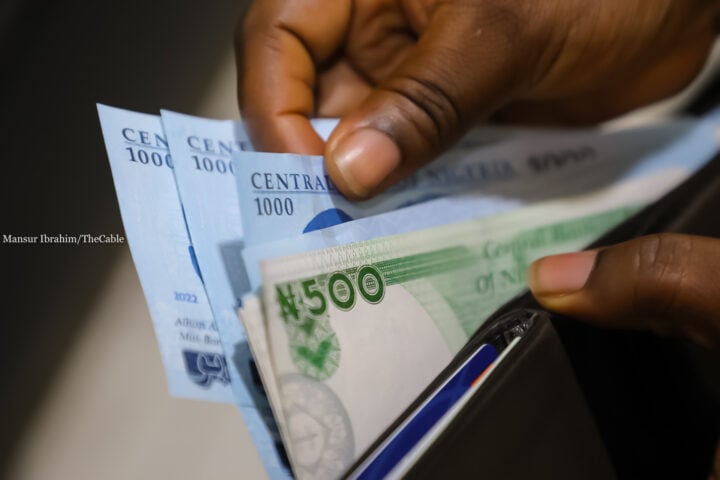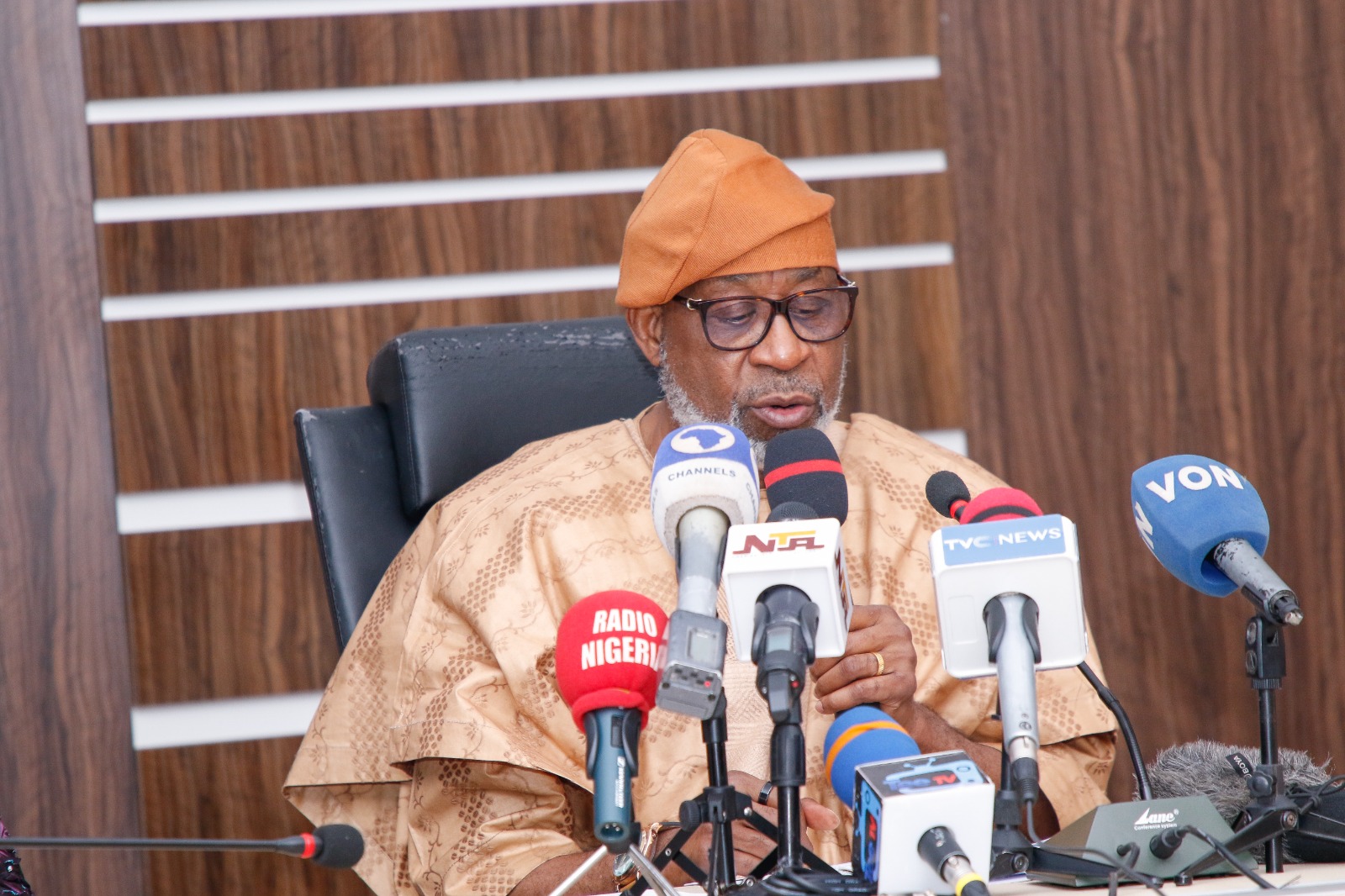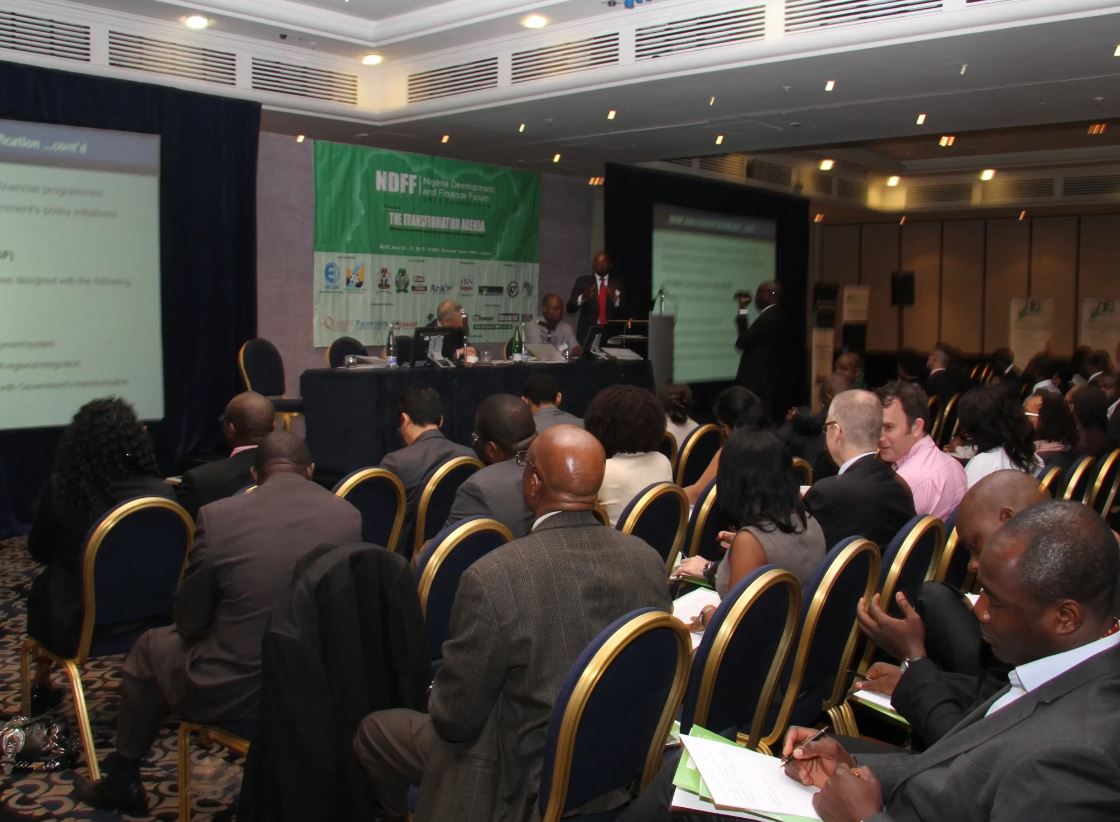The Central Bank of Nigeria (CBN) has denied instructing banks to restrict cryptocurrency accounts.
In a post on X on Wednesday, CBN clarified that the circular did not originate from the bank, urging the public to visit its official website for “authentic updates”.
According to the circular, all deposit money banks (DMBs), non-bank financial institutions (NBFIs), and other financial institutions (OFIs) were directed to identify persons and entities transacting in cryptocurrencies and ensure such accounts are put on post-no-debit (PND) instruction for six months.
In February 2021, CBN issued a circular to deposit money banks (DMBs), non-bank financial institutions (NBFIs), and OFIs to close accounts of persons or entities involved in cryptocurrency transactions within their systems.
Advertisement
The regulator further warned local financial institutions against dealing in crypto assets or facilitating payments for crypto exchanges.
CBN cited concerns over money laundering (ML), terrorism financing (TF), cybercrime, and the volatility of cryptocurrencies as reasons for the ban.
However, on December 22, 2023, CBN lifted the ban and directed all banks and other financial institutions to carry out cryptocurrency services.
Advertisement
The apex bank also issued operational guidelines on virtual assets service providers (VASPs) to all banks and OFIs.
According to the CBN, VASPs means any entity that conducts exchange between virtual assets (cryptocurrencies), fiat currencies and transfers of virtual assets.
The development signals a shift from CBN’s initial position which restricts crypto transactions.
Advertisement
Add a comment






